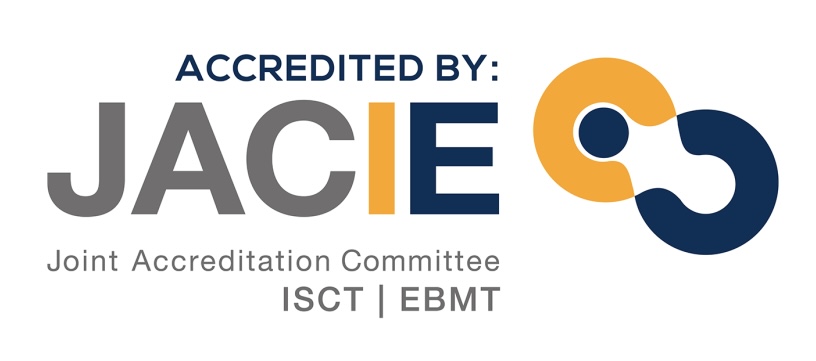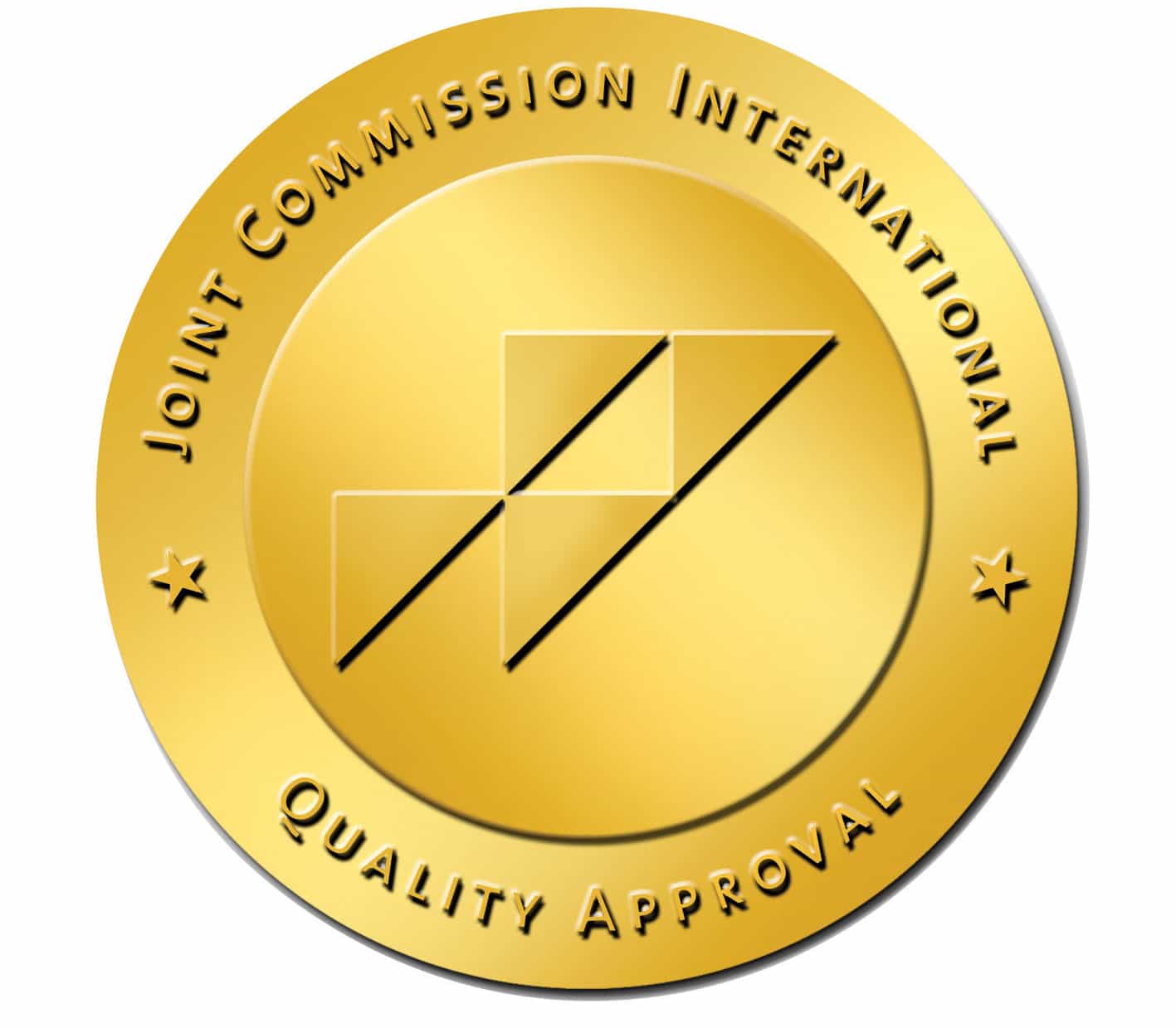
.png)
Bariatric Surgery
Bariatric Surgery: A Life-Changing Solution for Weight Loss
Take a Step Towards a Healthy Life with Weight Loss Surgery! Bariatric surgery is a surgical procedure that helps people who are struggling to lose weight through traditional methods such as diet and exercise. It is a safe and effective option for individuals who are struggling with obesity and the health problems that can come with it. One of the benefits of bariatric surgery is that it can improve overall health and reduce the risk of health problems associated with obesity, such as diabetes, heart disease, and sleep apnea.
Types of Bariatric Surgery

Sleeve Gastrectomy (Tube Stomach)
Sleeve Gastrectomy, also known as a Tube Stomach, is a type of bariatric surgery that involves removing a large portion of the stomach to create a smaller, sleeve-shaped stomach. The procedure is performed laparoscopically, which means it is minimally invasive and typically has a shorter recovery time compared to traditional open surgery.
Show

Gastric Bypass
Gastric Bypass is a type of weight-loss surgery that is designed to help people who are severely overweight or obese lose weight and improve their overall health. This surgery involves creating a small stomach pouch and rerouting the small intestine to this new pouch, bypassing the rest of the stomach and the upper part of the small intestine.
Show

Gastric Balloon
A gastric balloon, also known as an intragastric balloon, is a non-surgical weight loss procedure that involves placing a soft, silicone balloon in the stomach to limit the amount of food that can be consumed. The balloon takes up space in the stomach, making the patient feel fuller faster and leading to reduced food intake and weight loss.
Show

Gastric Botox
Gastric Botox is a minimally invasive procedure that involves injecting botulinum toxin (Botox) into the stomach to help with weight loss. The Botox injection is believed to work by relaxing the muscles in the stomach, which may reduce feelings of hunger and increase feelings of fullness. The procedure typically takes less than an hour and is performed on an outpatient basis.
Show
Frequently Asked Questions
Surgical therapy is the only effective long-term treatment for morbid obesity in patients with a body mass index > 35 and the corresponding concomitant diseases. However, different medical requirements must be met for surgery in each patient. These include aspects such as weighing the surgical risk, the ability to cooperate, consent to the necessary lifelong aftercare, and the declared will to undergo the dietary requirements.
The costs for bariatric surgery are only covered by health insurance in individual cases. The hurdles for this are high: the patient must have a BMI of at least 40 or a BMI of 35 for more than three years with concurrent secondary diseases. In order for the costs to be covered, the patient must submit an application together with the physician, which must include a medical certificate.
Risks cannot be ruled out, as with all surgeries. Anesthesia is riskier in obese people than in people of normal weight. Since obese people often have concomitant diseases such as heart or circulatory problems, the risk of infections or bleeding increases.
This includes first and foremost very extensive laboratory examinations. If not already done, a gastroscopy is. ECG and X-ray examinations are performed on request of the anaesthesia, in individual cases also a lung function examination. Everything else depends on the personal risk profile.














